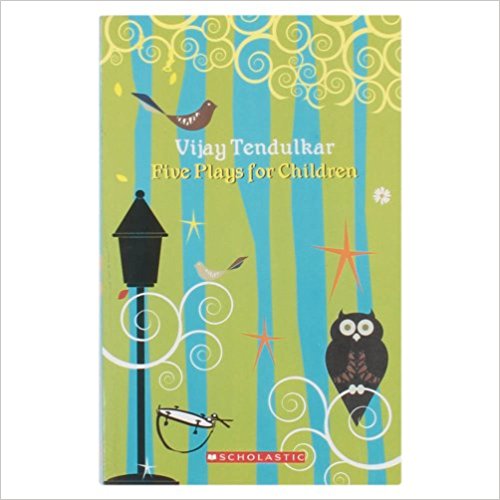‘Give me a piece of paper, any paper and a pen and I shall write as naturally as a bird flies or a fish swims.’ These passionate words were uttered by Vijay Tendulkar, one of the greatest Marathi playwrights, who earned equal accolades in India and abroad. He is famous for his adult plays but he has also written six plays for children. These plays were written at the request of Sulabha Despande who worked with him as an activist. She wanted him to write a few plays for her school children so that they could take part in the competitions.
In the first play ‘Missing A Father’, the playwright has taken a few fixtures from our surroundings and made them talk like human beings. The Pole, the Letterbox, the Tree and the dancing girl in the poster—they all come alive and discuss their personal problems. They may be inanimate objects but they react just like human beings with feelings.
When they see the kidnapper and the little girl, all of them are concerned about her. In spite of not being a part of the social set up, they want to rescue the child from the evil intentions of the kidnapper. They plan to create a situation by which the girl can be found by the police or a passerby. This play also highlights the insecurity of the girl child in our society, especially those from a lower strata and the illiterate group. The girl does not know the address of her home. The play ends with food for thought for the audience.

